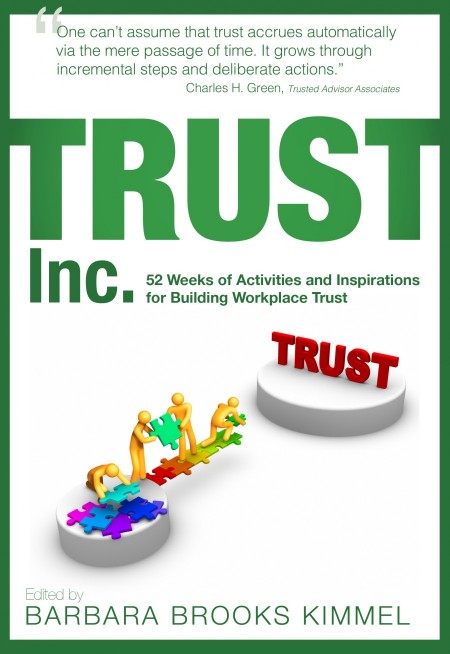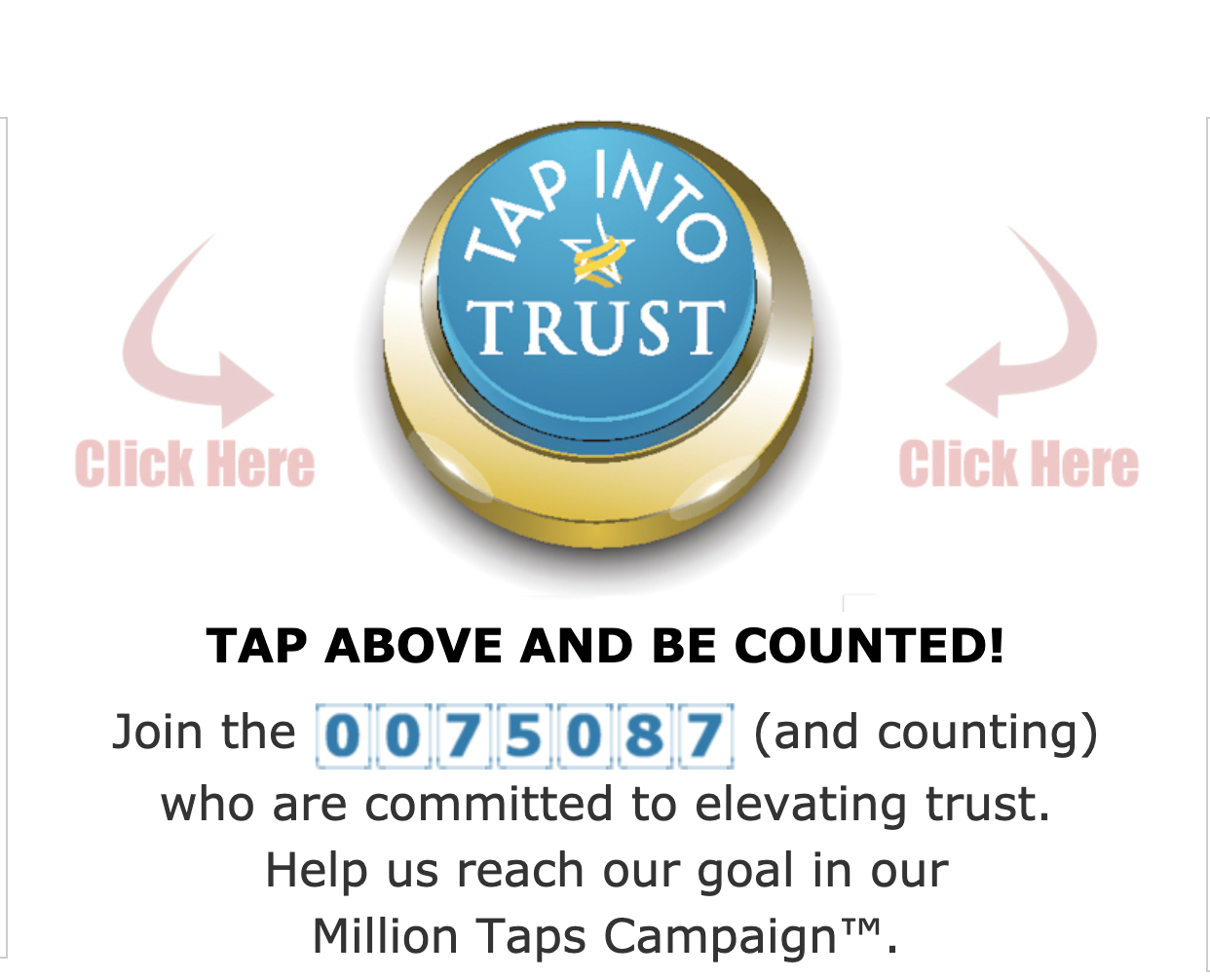Archive
Archive for November, 2019
 James E. Lukaszewski is widely known as America’s Crisis Guru. He offers the following timely advice about reputation and trust and the role each play in ensuring organizational success.
James E. Lukaszewski is widely known as America’s Crisis Guru. He offers the following timely advice about reputation and trust and the role each play in ensuring organizational success.
I’ve always thought that the whole notion of reputation was more a Public Relations construct than a management concern. Leaders care about trust.
During my nearly 40 years in reputation, leadership and organizational recovery I can’t recall a serious discussion of reputation in a management circumstance by those running the business until just before they were about to lose or see their reputation seriously damaged. Public Relations advisors rather than business operators raised the issues.
Trust is a powerful management term. I define trust as the absence of fear. I interpret fear to mean the absence of trust. Trust is a management word; trust is a powerful cultural word. Trust is a word that has its counterparts in virtually every culture on the planet; and trust is understood clearly and immediately by just about everybody. Generally it’s mom who taught us about trust, so we remember.
Chief Executives of troubled organizations don’t lose their jobs because there’s a reputation problem. They lose their jobs because there is a trust problem, a failure to provide the assurance that prevents the fear of serious adverse circumstances. If we’re talking seriously about our relationship with constituents, stakeholders, employees, the public, anyone who has a stake in our organization for whatever reason, we’re talking about trust.
Reputation? We’ll need to call the PR department for the latest definition.
This is an excerpt from the second of our three book Trust, Inc series.
James E. Lukaszewski (loo-ka-SHEV-skee) is widely known as America’s Crisis Guru. He is a speaker, author (12 books and hundreds of articles and monographs), lecturer and ethicist (co-chair of the PRSA Board of Ethics and Professional Standards).
For more information about our programs and how your organization can elevate trust, visit www.trustacrossamerica.com
Copyright 2019 Next Decade, Inc.
Barbara Brooks Kimmel, barbara kimmel, Board of Directors, C-Suite, Trust Inc. A Guide for Boards & C-Suites
 In business, it’s easy to just show up.
In business, it’s easy to just show up.
Show up at a lunch
Show up at a conference
Show up at a meeting
Show up at a webinar
Pay your annual dues
And then leave….
The outcome of showing up is usually little ventured, and probably little gained. And then we move on to the next lunch, conference, meeting or webinar.
It’s much more difficult to be involved in the planning.
Because involvement in the planning requires a commitment:
- Of time
- Of thought
- Of teamwork
But it’s the participation in the planning stage that builds the trust. In planning, we engage with others who are working towards a common goal…. a positive outcome. And this is how trust is built. And trustworthy relationships lead to new business. These relationships take time to develop, and the trust is built in incremental steps.
It’s your choice. Maintain your independence, show up and then leave. Get involved in the planning and build trust. Make the investment and the payoff may surprise you.
This is an excerpt from the third of our 3 book Trust, Inc. series:
Trust, Inc., 52 Weeks of Activities and Inspirations for Building Workplace Trust
Copyright 2019, Next Decade, Inc.
Barbara Brooks Kimmel, barbara kimmel, Trust Inc. 52 Weeks of Activities & Inspirations for Building Workplace Trust

My high school friends still like to tease me that I was one of the hardest “workers” in the class. So yesterday, when we reached our 75,000 milestone, I took a deep breath and begin thinking about the next milestone and how we might get there.
Getting this far….
Our Trust Alliance, comprised of some of the world’s leading trust scholars and practitioners) spent over a year (2017-18) studying (and debating) the question of how trust is built and busted in teams and organizations, until we were able to agree on a set of universal trust elevating principles which we call TAP (Trust Alliance Principles.)
TAP is available at no cost in 16 languages and yesterday we crossed a threshold of
75,000 global views. As someone said in a recent conference call, TAP is quickly becoming the universal gold standard for elevating trust in teams and organizations. How cool is that?
Translating trust “talk” into “action”
Using the TAP principles as a framework, a suite of proprietary survey tools called
AIM Towards Trust have been created, and the surveys have been run successfully with great results in over a dozen teams and organizations in the past few months. Later this week we will be introducing this powerful tool to 700 attendees at a national conference.
I am thrilled with the progress we are making moving the needle beyond trust talk to trust action. In fact, there is no longer any justifiable excuse for ANY leader, team or organization to talk about trust, but not act on it.
As for the future, we will continue to chip away, and I will keep working hard.
Thank you for helping us reach this important milestone.
Barbara Brooks Kimmel is the Founder of Trust Across America-Trust Around the World.
Barbara Brooks Kimmel, barbara kimmel, leadership, trust, trust across america
 James E. Lukaszewski is widely known as America’s Crisis Guru. He offers the following timely advice about reputation and trust and the role each play in ensuring organizational success.
James E. Lukaszewski is widely known as America’s Crisis Guru. He offers the following timely advice about reputation and trust and the role each play in ensuring organizational success.


Recent Comments